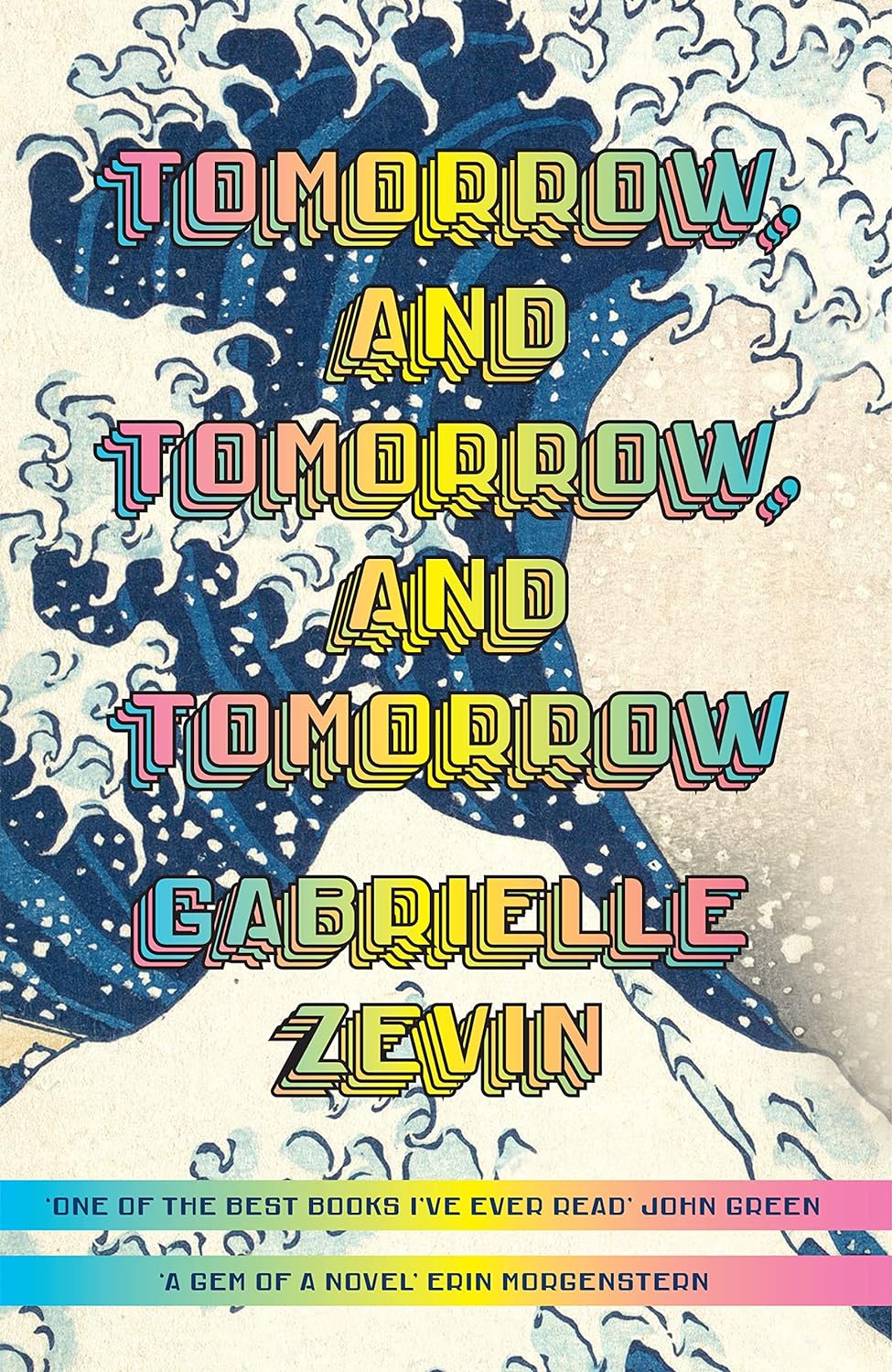Description
“Tomorrow, and tomorrow, and tomorrow” is the opening line of a soliloquy from William Shakespeare’s play “Macbeth,” specifically from Act 5, Scene 5. The full passage reads:
“Tomorrow, and tomorrow, and tomorrow, Creeps in this petty pace from day to day, To the last syllable of recorded time; And all our yesterdays have lighted fools The way to dusty death. Out, out, brief candle! Life’s but a walking shadow, a poor player, That struts and frets his hour upon the stage, And then is heard no more. It is a tale Told by an idiot, full of sound and fury, Signifying nothing.”
In this soliloquy, Macbeth reflects on the futility and emptiness of life. He compares time to a never-ending series of tomorrows, each one insignificant and devoid of meaning. The imagery of “tomorrow, and tomorrow, and tomorrow” emphasizes the relentless passage of time and the inevitability of death.
The soliloquy also contains the famous metaphor of life being “a tale / Told by an idiot, full of sound and fury, / Signifying nothing.” This metaphor captures the sense of despair and nihilism that pervades Macbeth’s worldview as he faces the consequences of his actions and contemplates the meaningless nature of human existence.












Reviews
There are no reviews yet.